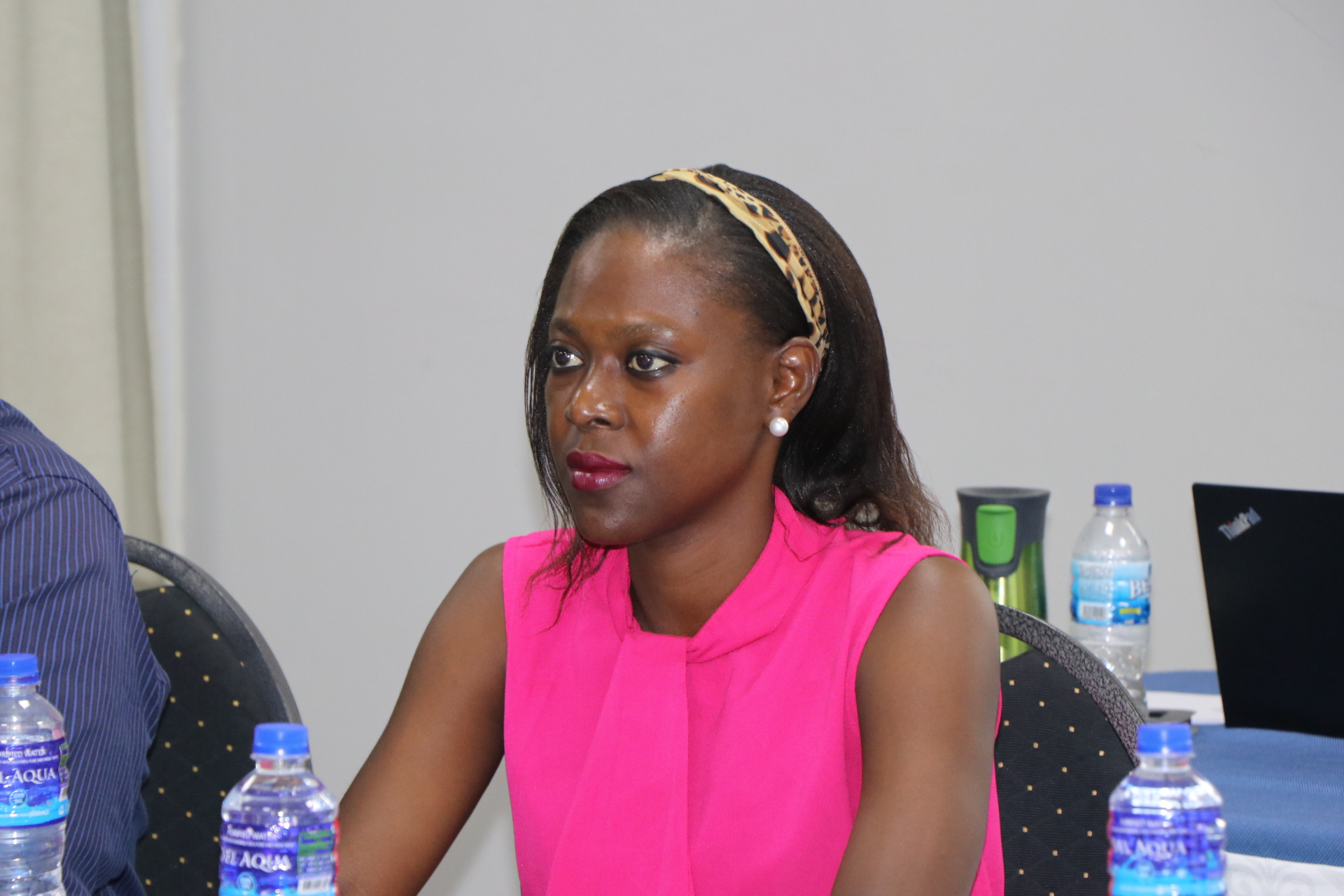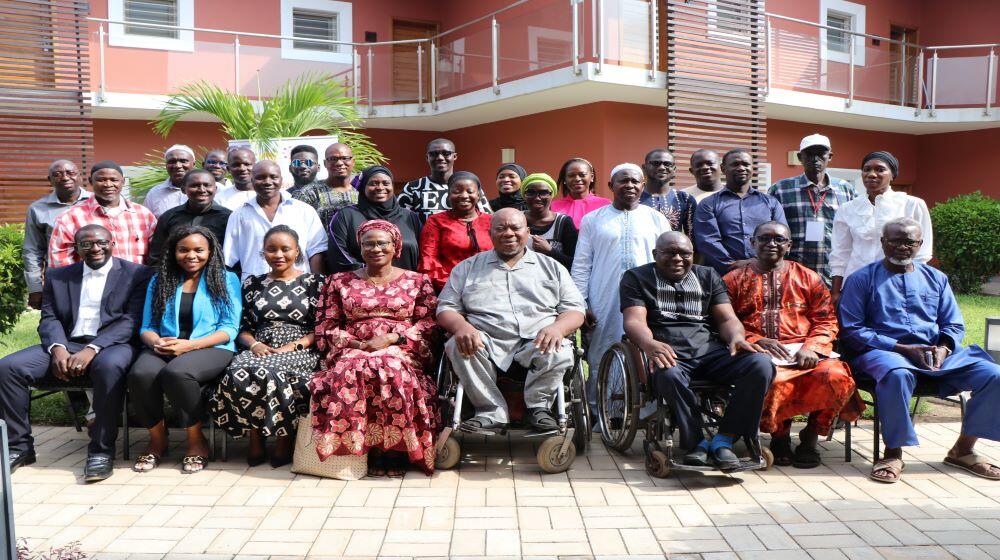Persons with Disabilities (PWDs) are often excluded from public decision-making processes. Their views are seldom solicited in making national decisions that affect their lives; thus, their participation is very limited. Their community is mostly affected as they cut across sex, caste, religion, ethnicity, age, and region. Therefore, the incidence of inequality and discrimination and denial of services, opportunities and justice is most pronounced within this community. To advance the rights of persons living with disabilities, particularly women and young people, on Monday, 14th November 2022, UNFPA The Gambia, in collaboration with UNICEF through partnership and supports from UNPRPD, supported the validation workshop on the disability policy and strategic plan. This validation workshop is intended to review the Disability Act, which aims to promote and protect the rights of PWDs by creating and strengthening necessary structures, processes and tools for effective protection and inclusive service delivery.
The workshop gave opportunities to persons with disability to express their opinion on the need for the disability policy to have a crucial stance for PWDs in ensuring their rights in creating an equal society with effective institutions that provide inclusive services is achieved.
Adama Jammeh, a Person with Disability and a sign language teacher, participated in the workshop; coming from her community, she believes that the validation workshop on the disability Act is crucial as she explained how persons with disabilities in her community are excluded from society. She emphasized on the need to have persons with disability in key professions in society, as this would bring about inclusivity.

She cited instances of losing opportunities because she has a disability. According to her, “I was unfortunate to acquire a well-paid job as a result of me being a person with a disability. Despite my competency, persons with disabilities are usually left behind and excluded in key societal positions".
Adama speaks of how Gambian Sign Language should be introduced in all tertiary institutions, including The Gambia College, School of Nursing, and Gambia Police Training School, as this ease the free flow of communication, and at least persons with disability would be empowered, this is indeed a steppingstone in ensuring persons with disability are included in all spheres of life. She emphasised the need to train Deaf women In the Regions (province) on issues related to Gender Based Violence, sensitisation on STIs etc. As some women living with disability are subjected to multiple discrimination and gender-based violence in their homes and communities, she concluded.
In light of the above, UNFPA is working with the Government of The Gambia and other partners through the implementation and facilitation of the national disability Act to ensure people with disability are not left behind but are included in decision-making processes by empowering them and allowing them to grow, and include them in decision-making processes and to ensure they become influential people in the society in reaching their potentials.
***
Media contact: Faith C. Ememodo – UNV Communications Associate ememodo@unfpa.org


